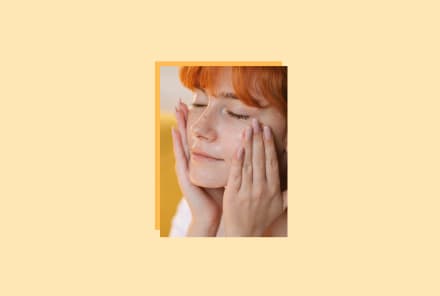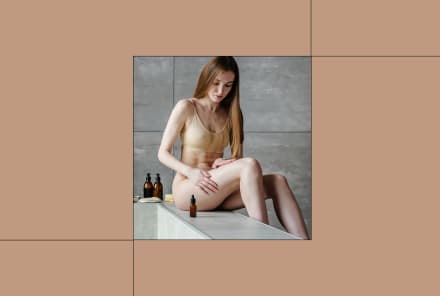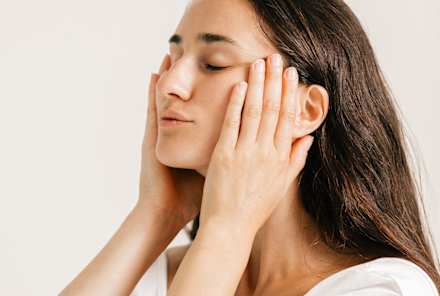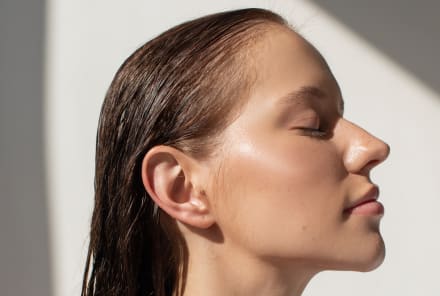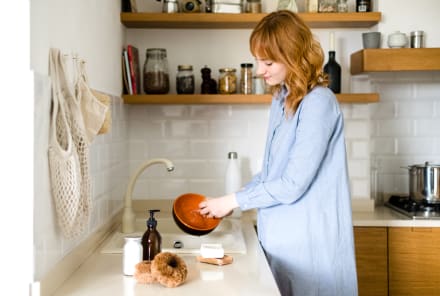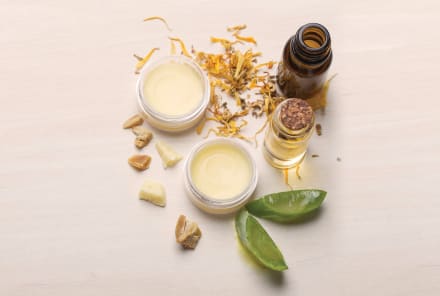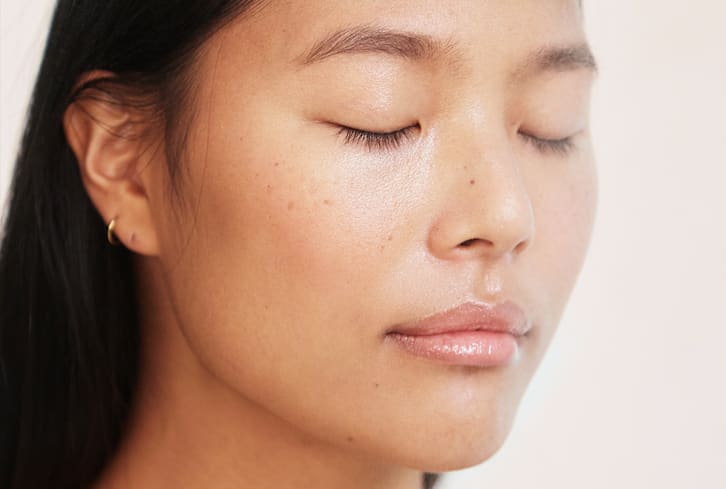Advertisement
Your Skin Longevity Care Routine Will Mean Nothing Without This

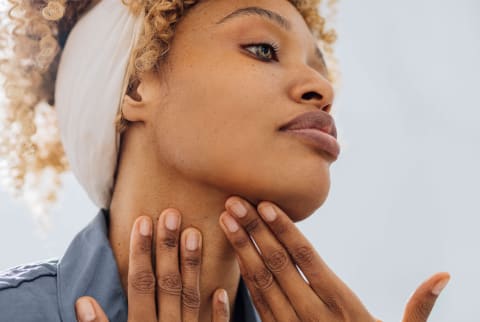
Too often we view skin care as a category consistent with one thing: products. Whether it's rich creams or powerful retinol serums, the "anti-aging" bucket is chock-full of irresistible items promising youthful-looking skin by morning.
The truth is, one of the most crucial aging factors is completely free, but unfortunately, we often cast it aside.
Sleep is the healthy aging "item" you've been overlooking. Allow me to explain.
Why sleep is essential for healthy skin aging
While you sleep, your skin kicks into repair mode, thanks to a little hormone called melatonin (often referred to as the "sleepy-time" hormone).
"Melatonin is critically important for your skin and plays a significant role in skin repair from environmental exposure, UV light, stressors, pollution, and so on," says board-certified dermatologist Keira Barr, M.D., on an episode of Clean Beauty School. "If you're not resting, you're not generating that melatonin, and your skin isn't repairing itself."
Also, during shut-eye, your skin experiences a surge in HGH, also known as human growth hormone. The release of HGH helps rebuild body tissues1 and spurs increased cell production to invigorate and rejuvenate the dermis. When you lose sleep, your skin misses out on this important process, which is why your complexion might appear sallow and dull after a night of poor rest.
Not to mention, losing sleep increases cortisol (the infamous stress hormone), which can break down collagen over time—research has demonstrated a link between shut-eye and collagen production2, which is why many experts consider sleep a vital part of any "anti-aging" skin routine.
Editor's note:
3 quick tips for better sleep
The remedy? Add sleep to your healthy aging product lineup. It's much easier said than done, but here are three tips to help you out:
- Experiment with cutting caffeine: Some people can drink coffee in the afternoon and catch eight great hours of sleep, but most people will have to cut it off before it gets too close to bedtime. Try adjusting your schedule and cutting off caffeine earlier in the day to see if it helps your sleep quality.
- Keep your room cool: Your body temperature naturally drops before bed3, so having a cool room can kick-start that process. Turn your thermostat to 68 degrees Fahrenheit (or something close in the mid-60s) to accelerate your wind-down routine.
- Try a magnesium supplement: Magnesium supplementation has been shown to have a positive impact on both sleep quality and sleep duration in research4. You'll want to look for magnesium glycinate, which is more bioavailable and has fewer side effects5 than other forms. Here, our top picks for magnesium sleep supplements.
The takeaway
Sleep is one oft-overlooked yet critical step in any "anti-aging" skin care routine. During rest, your body produces melatonin, which contributes to skin repair. The release of HGH helps reinvigorate the mid-layer of your skin as well. Too many nights of subpar sleep can also contribute to cortisol spikes, which break down collagen.
The bottom line: Make sleep a priority, just as you do your topical routine. For some light bedtime reading, find more on the connection between shut-eye and skin aging here.
Watch Next
Enjoy some of our favorite clips from classes
Enjoy some of our favorite clips from classes
What Is Meditation?
Mindfulness/Spirituality | Light Watkins
Box Breathing
Mindfulness/Spirituality | Gwen Dittmar
What Breathwork Can Address
Mindfulness/Spirituality | Gwen Dittmar
The 8 Limbs of Yoga - What is Asana?
Yoga | Caley Alyssa
Two Standing Postures to Open Up Tight Hips
Yoga | Caley Alyssa
How Plants Can Optimize Athletic Performance
Nutrition | Rich Roll
What to Eat Before a Workout
Nutrition | Rich Roll
How Ayurveda Helps Us Navigate Modern Life
Nutrition | Sahara Rose
Messages About Love & Relationships
Love & Relationships | Esther Perel
Love Languages
Love & Relationships | Esther Perel
